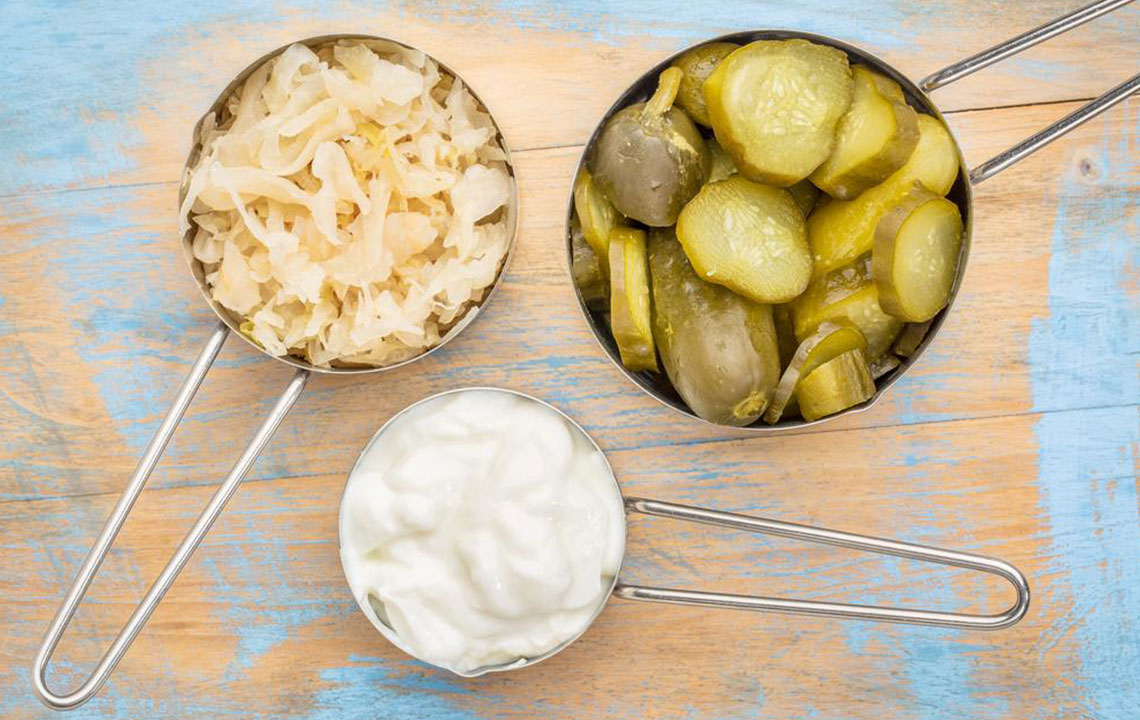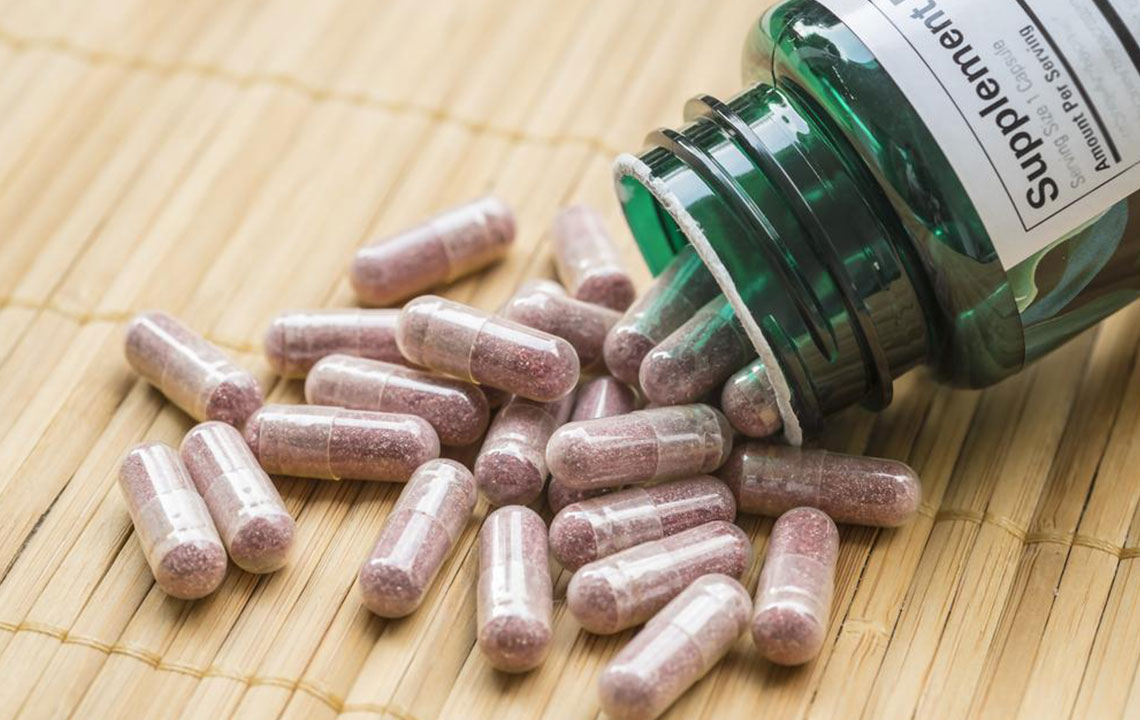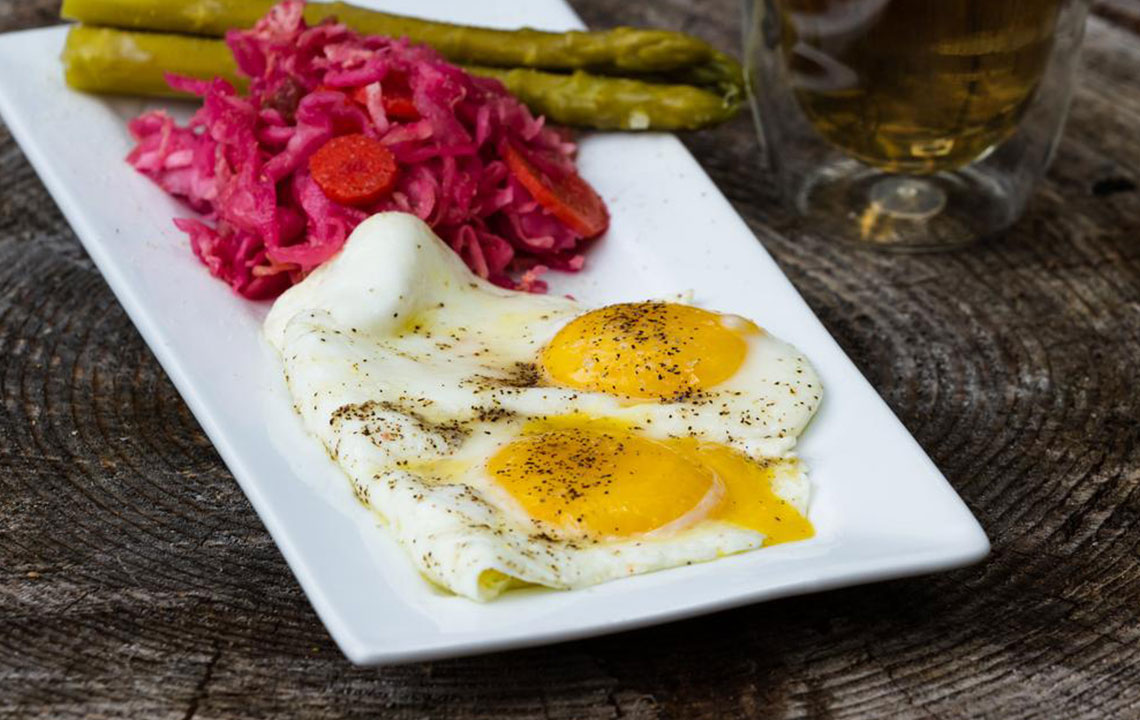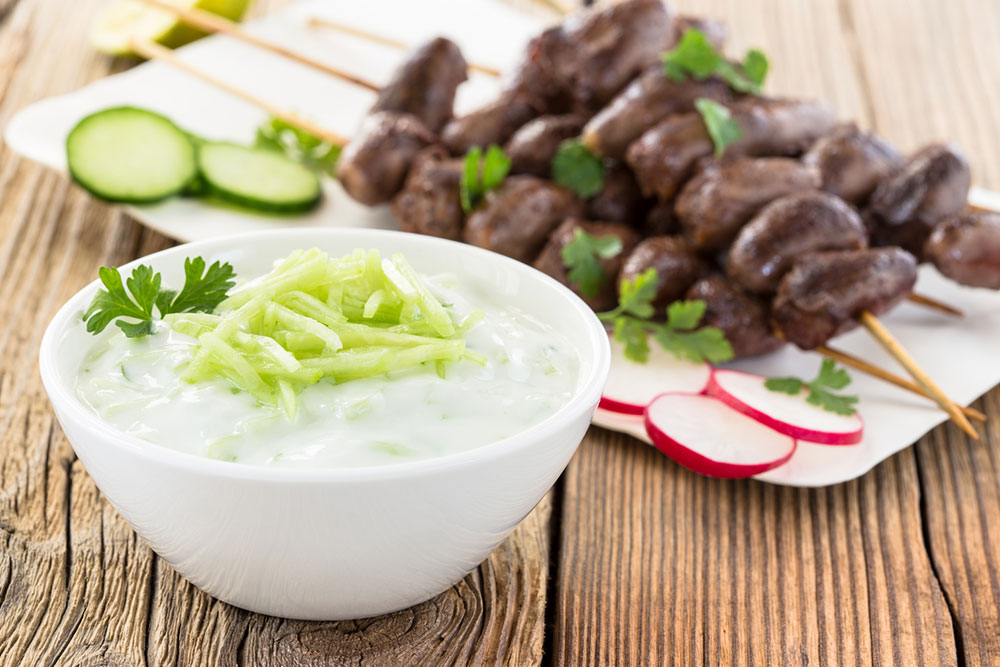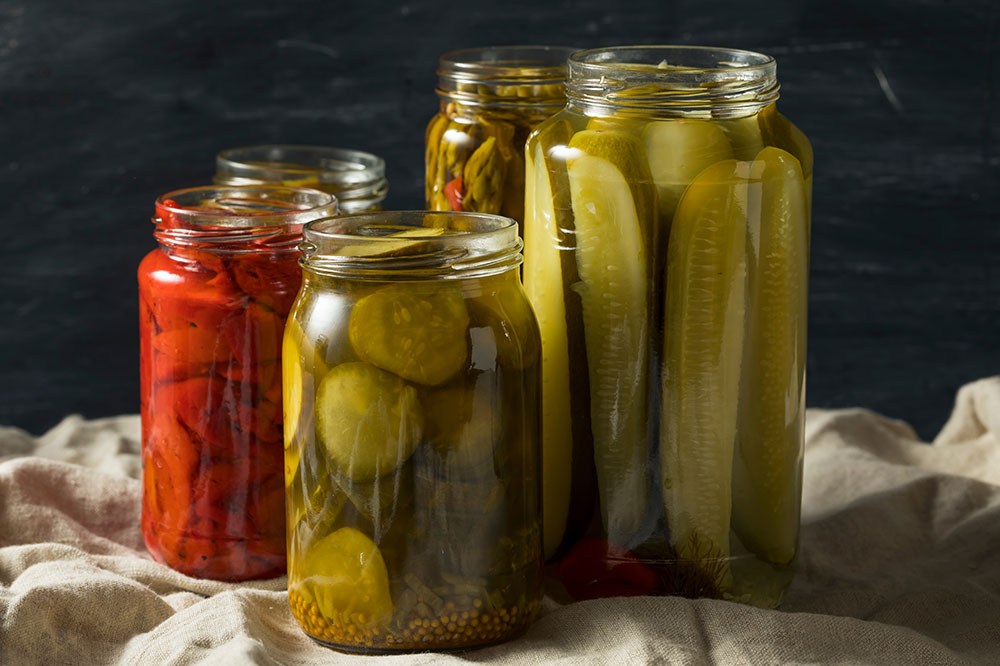Essential Probiotic-Rich Foods to Boost Your Gut Health Naturally
Discover the top five probiotic-rich foods that naturally boost gut health. Learn how yogurt, miso, sauerkraut, kimchi, and pickles can improve digestion, strengthen immunity, and promote overall wellness. This comprehensive guide provides practical tips to incorporate these delicious foods into your daily diet, emphasizing the importance of choosing unpasteurized options and combining them with prebiotics. Enhance your digestive health naturally and enjoy a healthier lifestyle through these essential probiotic foods.
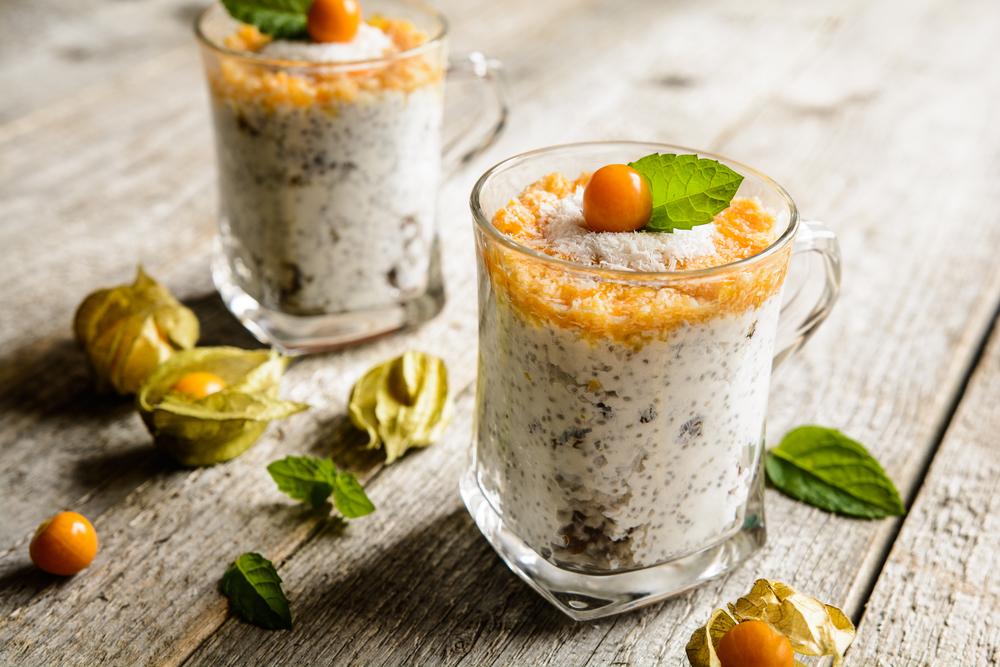
Maintaining a healthy gut is fundamental to overall well-being, and one of the most effective ways to support digestive health is through the consumption of probiotic-rich foods. Probiotics are live beneficial microorganisms that help restore and maintain the natural balance of gut bacteria, which is crucial for optimal digestion, immune function, and even mental health. While probiotic supplements are widely available, incorporating a variety of fermented foods into your diet offers a natural, tasty, and sustainable way to reap these health benefits. In this comprehensive guide, we will explore the top five probiotic-rich foods, their health advantages, and tips on how to include them in your daily meals.
Understanding probiotics and their importance is the first step toward a healthier lifestyle. These friendly bacteria aid in breaking down food, absorbing nutrients, and fighting off harmful pathogens. An imbalanced gut microbiome has been linked to issues such as bloating, diarrhea, irritable bowel syndrome (IBS), allergies, and even mental health disorders. Therefore, ensuring a steady intake of probiotic foods can help promote a resilient digestive system and overall vitality.
Top 5 Foods That Are Natural Sources of Probiotics
Yogurt: One of the most popular probiotic foods worldwide, yogurt is produced through the fermentation of milk by beneficial bacteria such as Lactobacillus bulgaricus and Streptococcus thermophilus. Rich in calcium, protein, and other essential nutrients, yogurt not only supports gut health but also contributes to stronger bones, improved blood pressure regulation, and reduced symptoms related to antibiotic-associated diarrhea and IBS. When selecting yogurt, always look for labels indicating the presence of live and active cultures to maximize health benefits. Greek yogurt, in particular, offers a concentrated source of probiotics along with higher protein content.
Miso: Originating from Japan, miso is a traditional fermented paste made from soybeans, rice or barley, and a specific fungus known as koji. This flavorful seasoning is packed with beneficial bacteria, fiber, amino acids, vitamins, and minerals. Regular consumption of miso has been associated with a lower risk of certain cancers in middle-aged women, improved digestion, and enhanced immune function. Miso soup is a common way to incorporate this probiotic-rich food into meals, but it can also be used as a base for dressings and marinades.
Sauerkraut: Made from fermented shredded cabbage, sauerkraut is a powerhouse of probiotics, vitamins C, B, and K, as well as dietary fiber. It’s a traditional food in many European countries and offers a tangy, crisp addition to salads, sandwiches, and side dishes. To ensure the presence of live beneficial bacteria, select unpasteurized and naturally fermented products, as pasteurization kills the probiotics. Sauerkraut not only supports digestive health but also boosts your immune system with its dense nutritional profile.
Kimchi: A staple of Korean cuisine, kimchi is a lively, spicy fermented vegetable dish usually made from Napa cabbage, radishes, garlic, ginger, and chili peppers. This probiotic-rich food contains a variety of lactic acid bacteria, which improve gut flora balance and aid in digestion. Kimchi is also rich in vitamins, minerals, antioxidants, and dietary fiber, making it a superfood for overall health. Its unique flavor can enhance many dishes, from soups to stir-fries, bringing both taste and health benefits to your table.
Pickles: Naturally fermented cucumbers preserved in salty brine develop potent probiotics through the process of lactic acid fermentation. These pickles support healthy digestion, help regulate blood sugar levels, and are a significant source of vitamin K, which is essential for blood clotting and bone health. To reap the probiotic benefits, avoid pickles made through vinegar fermentation, as they lack live bacteria. Opt for traditional, unpasteurized pickles from reputable sources or make your own at home using natural fermentation methods.
How to Maximize the Benefits of Probiotic Foods
To enhance your gut health naturally, incorporating these probiotic-rich foods into your daily diet is highly recommended. Here are some tips to help you get started:
Choose unpasteurized and fermented products: Pasteurization kills the live bacteria, so always opt for unpasteurized options when possible.
Start slow: Introduce probiotic foods gradually to allow your digestive system to adjust without causing bloating or discomfort.
Combine with prebiotics: Pair probiotic foods with prebiotics—fiber-rich foods like garlic, onions, bananas, and whole grains—that serve as food for beneficial bacteria.
Maintain a balanced diet: While probiotic foods are beneficial, a diverse diet rich in fruits, vegetables, lean proteins, and whole grains supports overall gut health.
Consult healthcare professionals: If you have underlying health conditions or are on medications, discuss with your doctor before significantly increasing probiotic intake.
The Role of Probiotics in Overall Wellness
Beyond improving digestion, probiotics influence various aspects of health. They can enhance immune responses, reduce inflammation, and even impact mood and mental clarity through the gut-brain axis. Emerging research suggests that maintaining a balanced gut microbiome can help in managing allergies, obesity, and certain skin conditions. Incorporating probiotic-rich foods into your lifestyle not only supports digestive health but also contributes to a more resilient immune system, better nutrient absorption, and overall vitality.
Conclusion
Adopting a diet rich in probiotic foods is a natural and delicious way to support your gut health and enhance overall wellness. Yogurt, miso, sauerkraut, kimchi, and pickles are just a few options that offer an abundance of beneficial bacteria, vitamins, and minerals. Remember to choose unpasteurized varieties when possible, introduce these foods gradually, and incorporate prebiotics to foster a thriving gut microbiome. By making these foods a regular part of your diet, you can enjoy improved digestion, stronger immunity, and a healthier lifestyle. Nourish your gut, and it will thank you with better health and vitality for years to come.

